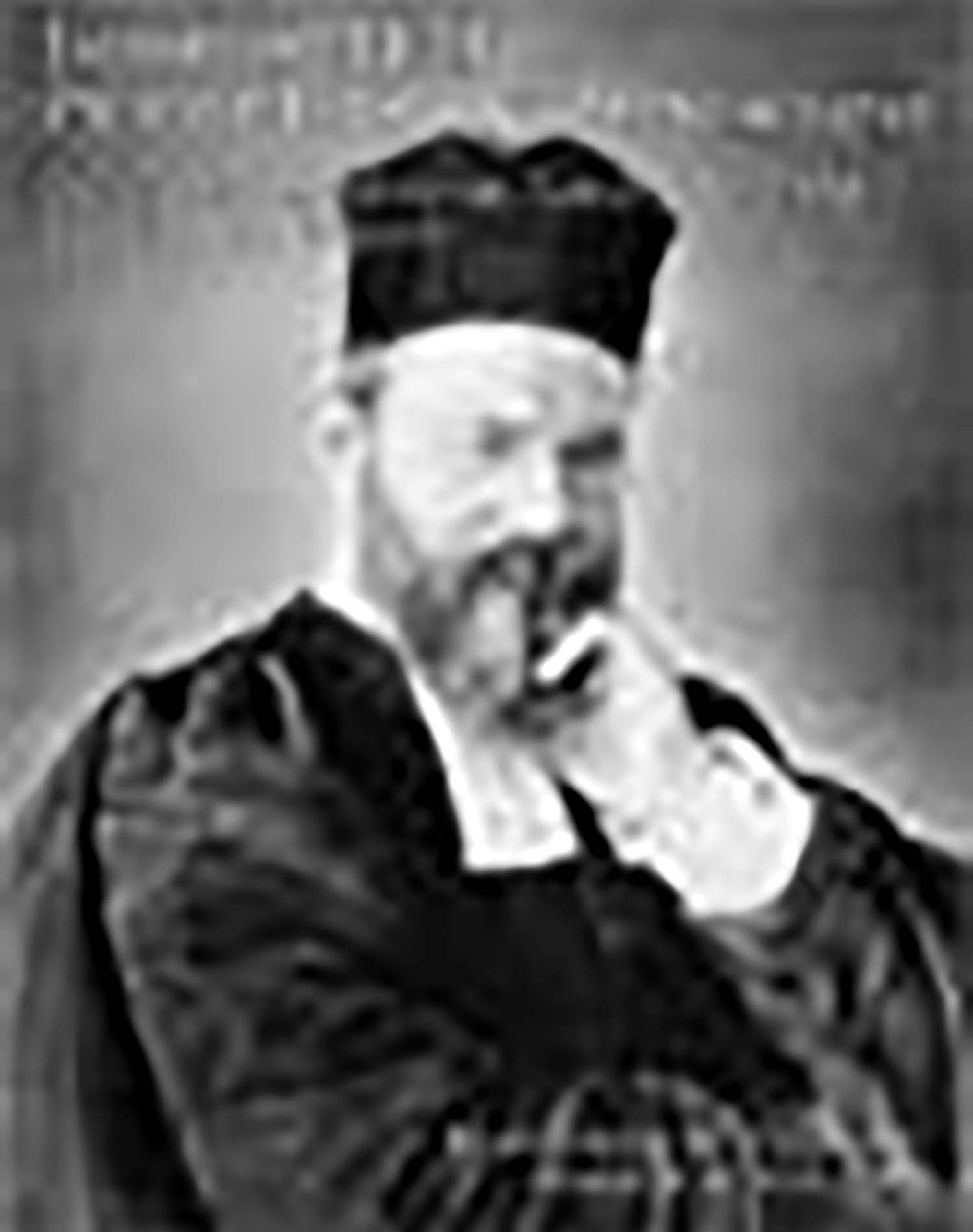Mendelssohn, MOSES and Joseph.

AUCTION 16 |
Tuesday, June 25th,
2002 at 1:00
Important Hebrew Printed Books and Manuscripts From the Library of the London Beth Din
Lot 258
Mendelssohn, MOSES and Joseph.
Est: $15,000 - $20,000
PRICE REALIZED $15,000
An important manuscript which reveals the process in which Joseph - founder of the banking firm of Mendelssohn and Co. - was trained and instructed by his father, the great Jewish philosopher, Moses Mendelssohn.
On January 8th, 1784 Moses Mendelssohn had written to Christian Garve to thank him for sending a copy of Garve's translation of Cicero's De officiis, which had been commissioned by the king. Garve, wrote Mendelssohn, had made an important present to the German by this work On Duties, and he had purposely delayed expressing his thanks because he had wanted to test the value of the gift: "Yet I'd render thanks in a way in which Providence wishes to be thanked for its benefits; by receiving, enjoying, and sharing. In the morning hours that I devote to my thirteen-year-old son we read the Duties, comparing the translation with Cicero's text, and learn in this way" (see below). The results of the "test" are to be found in the exercise book offered here; one section, dated 15th January, 1784, Berlin, is preceded by an introductory note regarding Garve's translation of Cicero. In another section, entitled "Analogie und Induction", dated 16th February, 1784 (initialed M.M.) the process by which the father trained his son in clear thinking is revealed.
By the same process we know that Mendelssohn's work, Morgenstunden, was written: through lectures and dictation, delivered to his "students," his son Joseph generally acting as a secretary, the right-hand column of the manuscript being corrected and revised by the father.
The exercise book also contains a page entitled "Geschichte der Menschenduldung" addressed to Fanny Arnstein - Austrian luminary and beauty whose home was the center of Viennese cultural and intellectual society - signed by Mendelssohn. A most important and seemingly unique testament of the relationship between these two iconic figures of 18th century German-speaking Jewish life.
Accompanied by comprehensive typed transcription of the manuscript. As well as correspondence concerning the present manuscript by Stephen S. Wise (1929); Ludwig Vogelstein (1930); Leo Baeck Institute (1982) and Alexander Altmann (1982)
See Alexander Altmann, Moses Mendelssohn, A Biographical Study (1965) pp. 643 and 725-726.
“(The manuscript is) a vivid testimony to the care Moses M(endelssohn) bestowed on the philosophical education of his eldest son.” (Prof. A. Altmann, private correspondence, 14th June, 1982)
